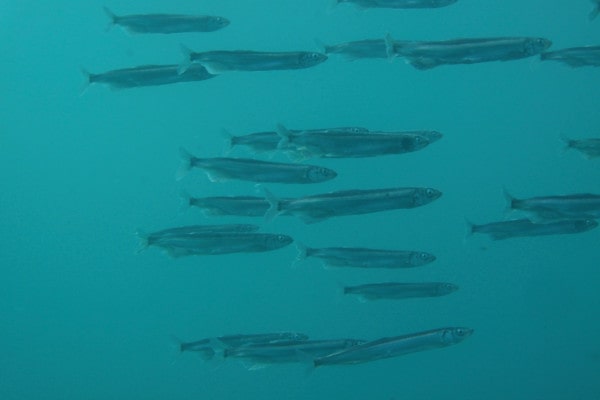There is no Capelin (Mallotus villosus) to be found in Icelandic waters this year after extensive search by fisherman and research by the Maritime institute, leading to no quota issued, resulting in extreme financial consequences for people and small communities in Iceland. Capelin is considered the second most ecologically and economically important fish in Icelandic waters, with the yearly catch sometimes reaching over 1 million tons.

It is the first time that no quota on Capelin catching has been issued since Icelanders started fishing for Capelin in 1963. According to the Economic department of the National bank of Iceland Capelin has been the second most important fish stock in terms of export value since 2012. On average the export value of Capelin in the era of 2012-2018 has been on yearly basis 23,3 billion IKR (€170 million) which makes it 9,4% of the total export value of the countries entire fishing stock.
For the people and the communities especially in the North and East of Iceland the Capelin catch has been a very important part of their income. As an example, the community of Fjardarbyggd expects that for people in their community working in the fishing industry this means a cut of 13% of their annual income apart from other direct and indirect negative consequences.
The reason for the sudden loss of Capelin in Icelandic waters is unclear to scientists and fishermen. Is it climate change or something else, nobody seems to fully know, where the Capelin is and if it will come back to Icelandic waters?
Scientists are increasingly looking at such phenomenona. An interesting article can be found on the issue in the YOPP-Polar Prediction Matters by Mark R. Payne “Cloudy with Passing Schools of Tuna - Why Don´t We Have Forecasts of Fish?”
Sources:Viðskiptablaðið, Landsbankinn, Morgunblaðið
Photos:Erlendur Bogason

